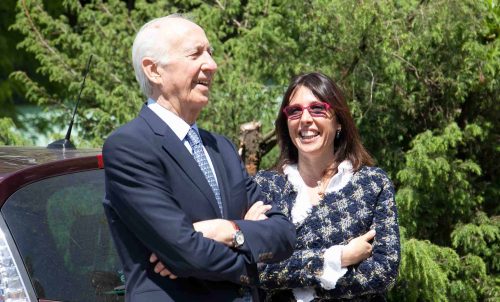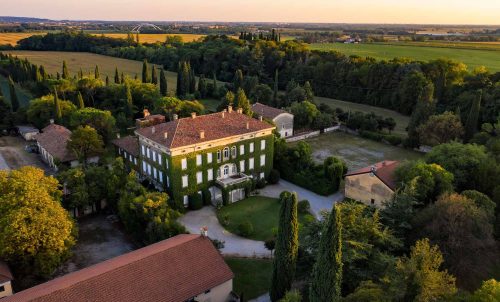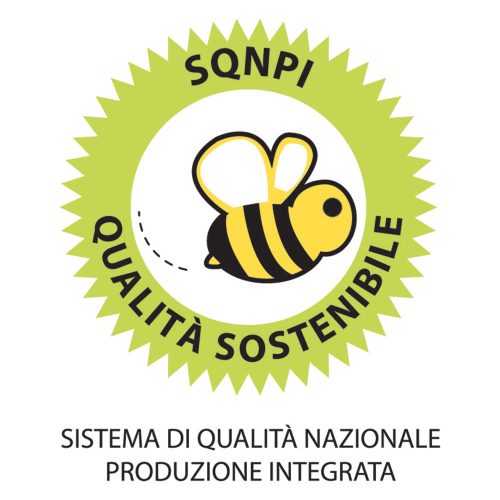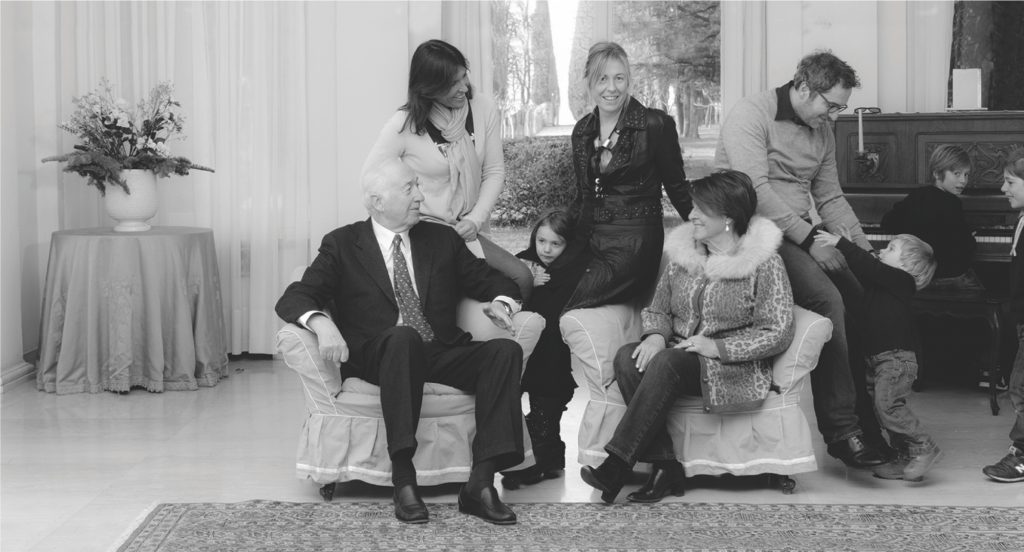“There are many ways to write about history. One can look at it from the top, watching it flow like a powerful river. Or one can lurk in a specific spot and watch what happens around him: reconstructing the general picture from a detail. Because history flows, it creeps and sometimes overwhelms or silently and discreetly retracts, almost as if it were scared.”
(A. Marzo Magno, Preface, in S. Cosma, Langoris. Stories of wines and knights, LEG Edizioni, Gorizia 2019)
Our history starts its path in Cormòns 1648,
when the Emperor of the Holy Roman Empire Ferdinand III (the Hapsburg Family were the governors of this land at the time) thanked Locatello Locatelli for its service during the Thirty Years’ War, donating him 300 fields in the area known as “Langoris”.
It has been almost four centuries since then, and Tenuta di Angoris takes care with the same dedication of both its 600 hectares of forests and vineyards and Villa Locatelli, the historical mansion, heart of the company and custodian of the tradition.

It’s on 1968 when, maybe for fate or luck, Angoris come back to another Locatelli family, homonymous of the first owner: 320 years after Locatello.
Giulio Locatelli bought the same property, bonding definitely this lands with Locatelli name. Marta Locatelli, received the baton from his father Luciano, renovated over the recent years the wine production and the image of Tenuta di Angoris. Winemaker Alessandro Bologna, assisted by a dynamic and passionate team, constantly looks after and valorizes the 75 hectares of vineyards in the estate, covering Friuli Region’s best suited areas (DOC Friuli Isonzo - DOC Friuli Colli Orientali - DOC Collio).
.

A long time ago, Tenuta di Angoris embraced the respect of the environment and its resources, in one word: SUSTAINABILITY.
Since 1997, our goal is to improve our energy efficiency and contribute to environmental protection also through a reforestation process that helped us adding 40 hectares of woods to our estate.

Most of the company’s investments have been dedicated to upgrade our equipment with tools for a sustainable management of the vineyards and the cellar. New machinery for mechanical weeding to avoid use of chemicals, the construction of a well with a water treatment system, the installation of a 1800 m2 solar power system, cutting-edge filtration system, are just some of the measures we adopted to commit to environmental sustainability.

Since 2017, we are SQNPI certified!
S.Q.N.P.I. (National Integrated Production Quality System) is an agricultural production method following ecological principles, reducing the use of chemical substances and fertilizers to the lowest possible.
